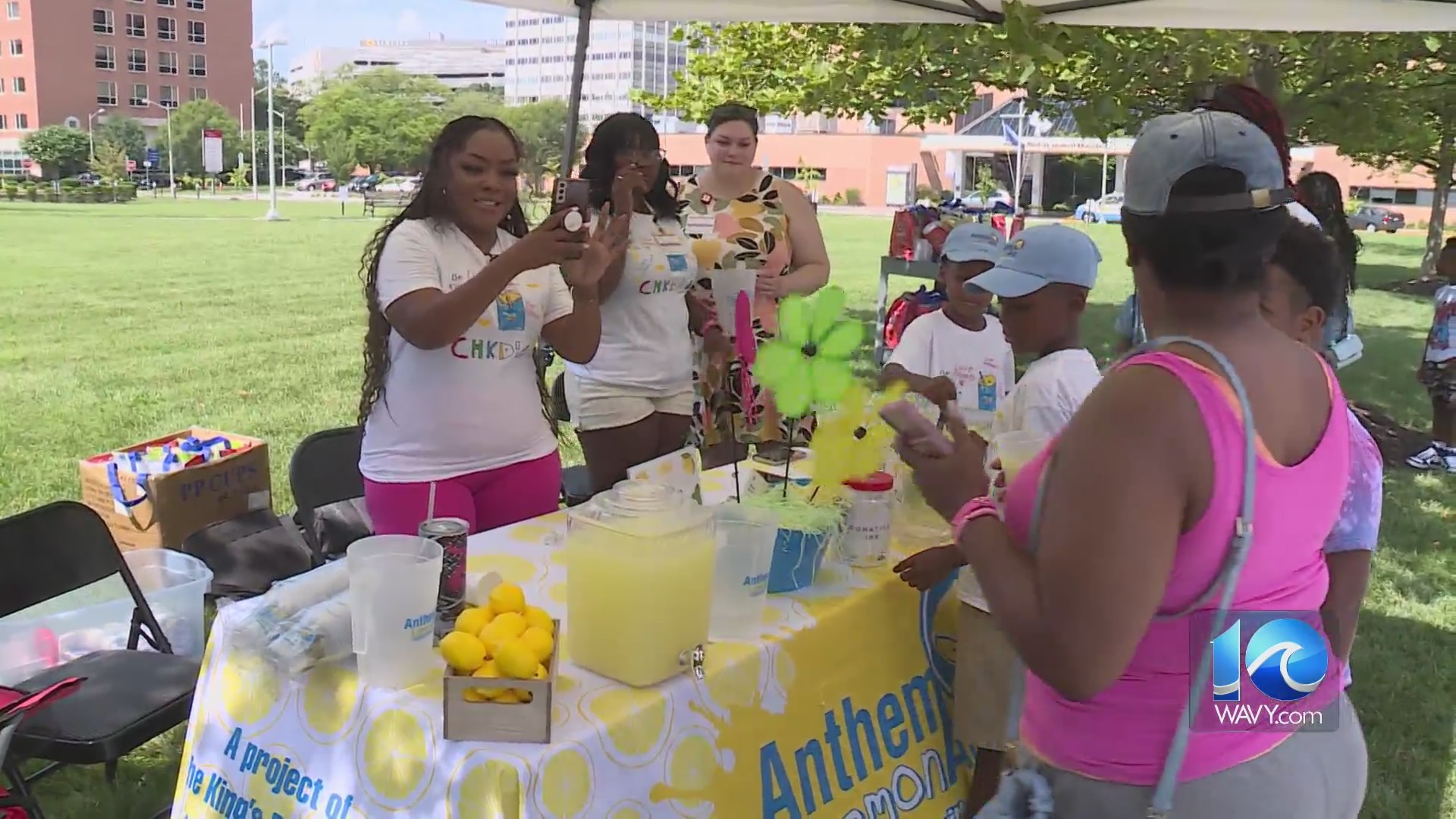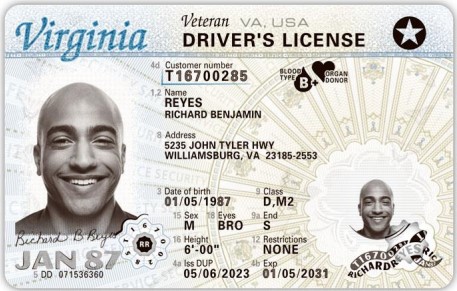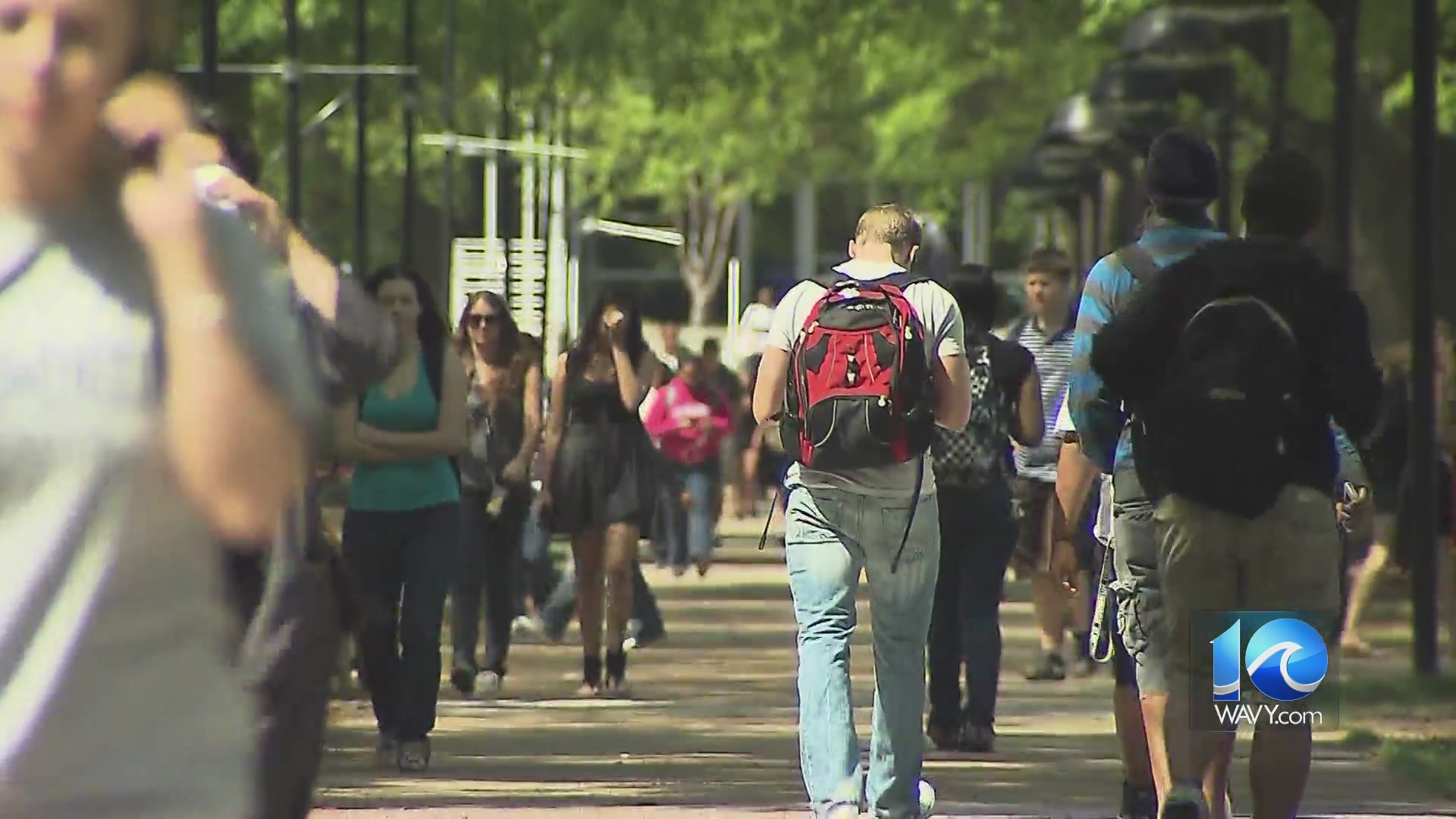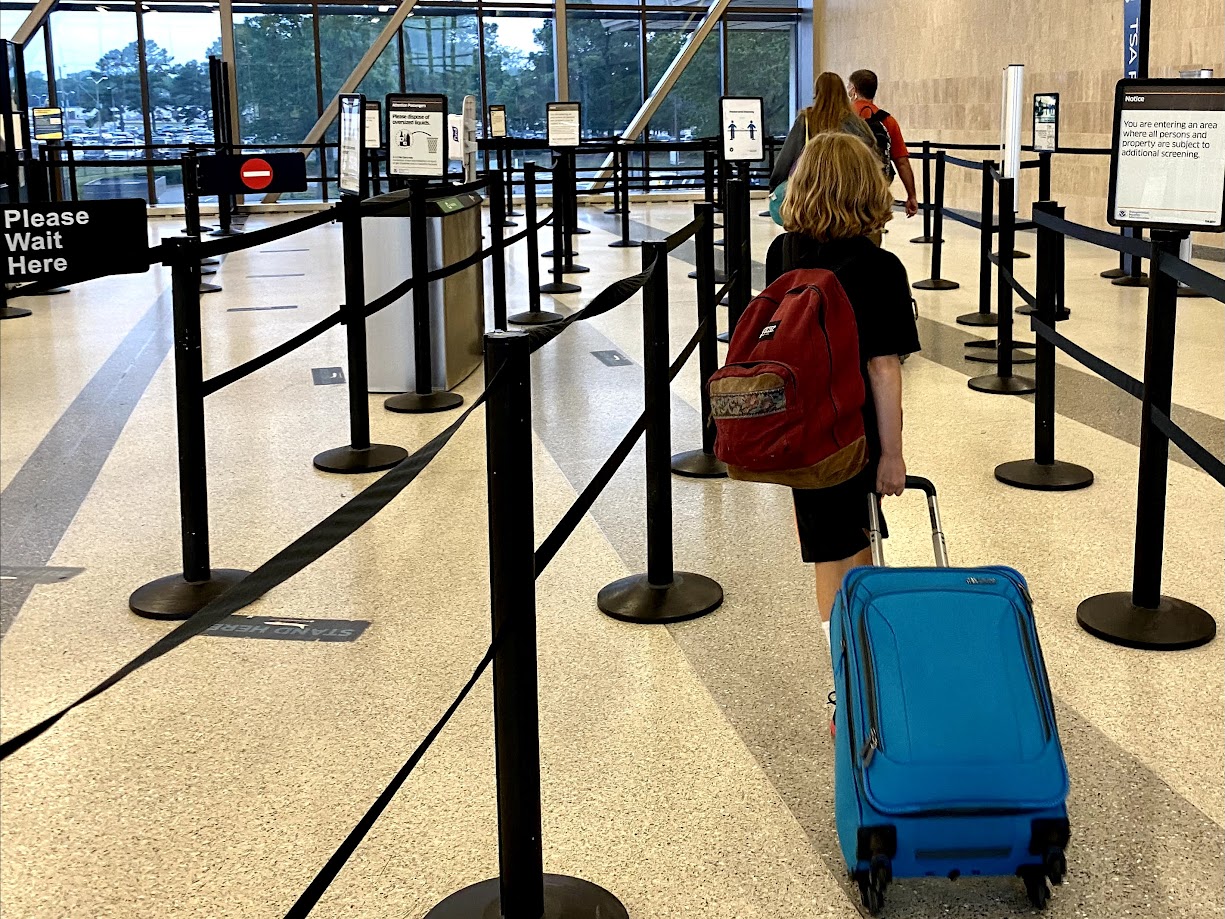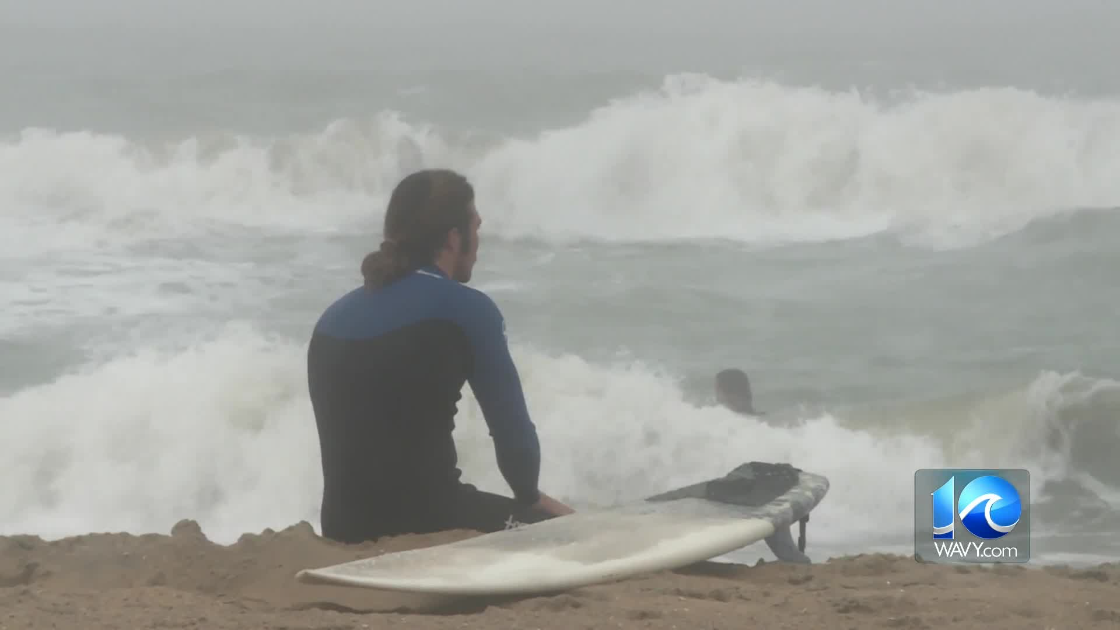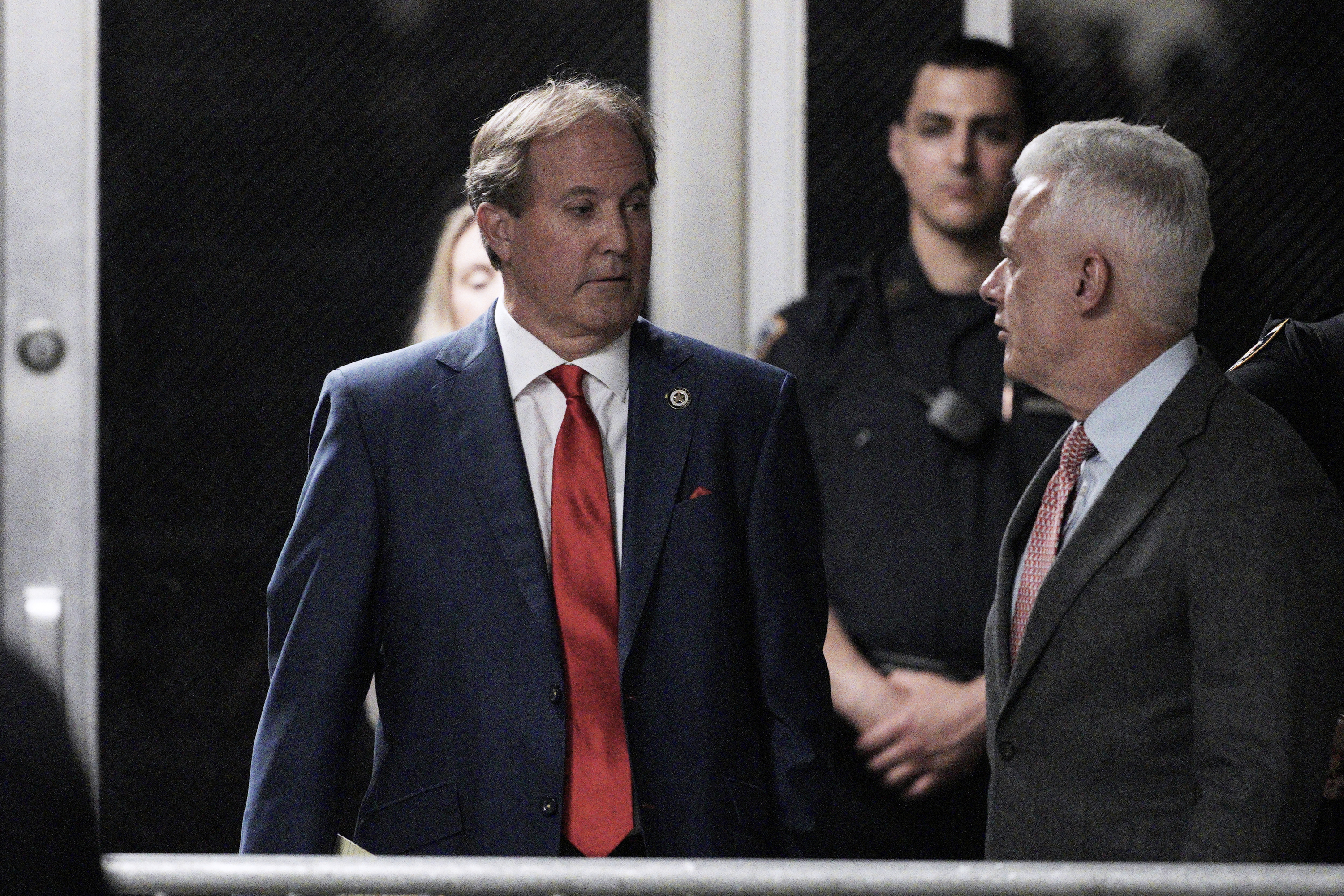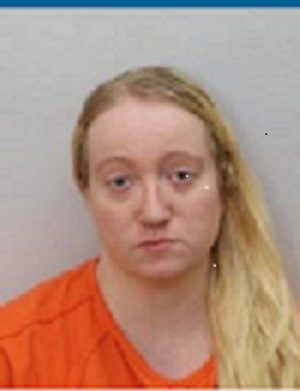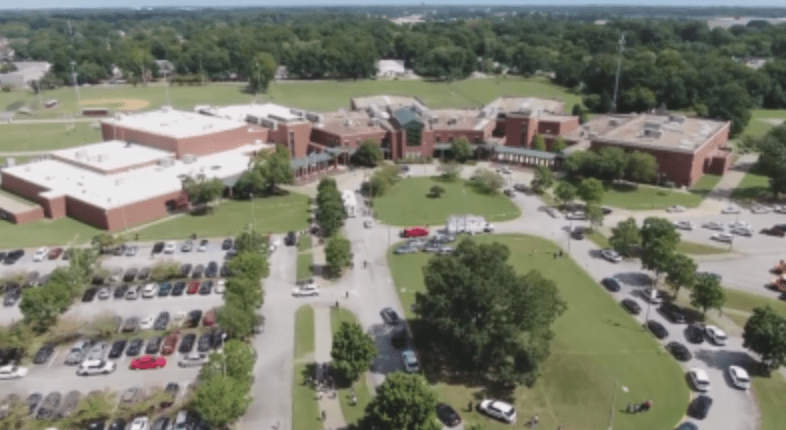GREENSBORO, N.C. (WGHP) – You have been hearing a lot about whether Senate Bill 20 – the state’s new restrictions on elective abortion – and its companion House Bill 190 will go into effect on Saturday (they will).
But, regardless of that, there are many other bills and parts of bills that will become the law of North Carolina as of midnight Saturday.

What won’t go into effect that technically should have – the state’s biennial budget plan – remains in negotiation between the House and the Senate.
Medicaid expansion, the ballyhooed adoption of a plan that expands health care for nearly 300,000 residents, went into effect sort of earlier this spring, but the crux of the bill can’t be enacted until that budget is passed.
And although many laws already have been enacted – local bills, such as those governing local school boards and election cycles, are live as soon as the General Assembly gives them that “enacted” stamp – some portions of laws can be delayed until later dates.
Technical corrections can go into effect in some cases, too, like for the budget that is ending (House Bill 2) and for general statutes (HB 103). These can include comma splices, spelling errors, updated cross references or, in the case of the budget, new numbers.
Some are a little more significant than that, though.
You probably recall SB 41, the “Guarantee 2nd Amendment Freedom and Protections,” which passed along party lines back in March and delivered a much bigger guarantee than it had implied.
That’s the bill that removed permits and background checks for private sales of pistols, among other things. But it also was the first bill of the session in which lawmakers overrode Gov. Roy Cooper’s veto, which they’ve done 10 times and counting.
That’s because this was the bill on which Rep. Tricia Cotham, then a Democrat, skipped the vote, costing the override, and then announced she was becoming a Republican, which created a GOP supermajority that led to all those overrides.
Almost all of SB 41 went into effect when that veto was overridden, but some technical portions of it won’t be effective until Saturday.
Check out all bills
Other laws won’t be effective until later this summer, such as the Transgender Athlete ban, which, if it survives, won’t go live until Aug. 15. Others would be enacted this fall – Oct. 1 is popular – or Dec. 1 or even next year.
For instance, the state’s new sports gambling law goes live on Jan. 8, the day of the college football national championship game. That allows licenses to be acquired, management by the Lottery Commission to be up and running and software and systems to go live.
If you want to know the details about each bill and subelements, you can find every law and enactment date in 19 pages provided by the General Assembly.
But we have gone through that list for you and extracted the highlights of what laws change on July 1.
What you won’t find is the much-discussed Senate Bill 49, “The Parents Bill of Rights,” which guarantees parents the right to be involved in their children’s education and dictates some school policies – such as forbidding curriculum about gender and sex in kindergarten through Grade 4 – and is awaiting Cooper’s review. He has until about July 9 to decide.
New bills signed
But Cooper added to the list for July 1 by announcing Friday that he had signed six bills, some of which went live with his pen:
- House Bill 364: Self-Liquidating Projects/Property Transfers, which addresses capital projects on the UNC campuses, became effective with signature.
- House Bill 455: Likewise the bill Expedite Water/Wastewater Franchise Transfer, to address licensing issues, is effective with signature.
- House Bill 608: Safety Requirements for Elevators, which is self-explanatory and detailed, is effective today.
- House Bill 168: DNCR Agency Bill.-AB, which made various changes in arts programs and state parks, such as Hanging Rock and Chimney Rock and Mayo River State Park, became law with his signature.
- Senate Bill 626: Modify Human Trafficking and Rioting Laws, which Cooper also signed, won’t become effective until Dec. 1 because it has criminal law applications.
- House Bill 192: 2023 Wildlife Resources Changes.-AB, which passed the General Assembly with almost unanimous support, limits capital projects by the Wildlife Resources Commission and establishes new limits on the commission’s setting of fees. This includes using unmanned aircraft in fishing. It is effective at midnight.
New laws on Saturday
Here are highlights of some other laws that will be effective when you wake up:
- SB 41: Guarantee 2nd Amendment Freedom and Protections mostly is already in place. What takes effect Saturday is this passage: “A person employed by a law enforcement agency who (i) is not a law enforcement officer sworn and certified pursuant to Article 1 of Chapter 17C or 17E of the General Statutes, (ii) has been designated in writing by the head of the law enforcement agency in charge of the facility, (iii) has in the person’s possession written proof of the designation, and (iv) has not had the designation rescinded by the head of the law enforcement agency in charge of the facility. Nothing in this subdivision shall be construed as prohibiting the head of the law enforcement agency in charge of a facility from rescinding any written designation described in this subdivision.”
- SB 582: The Farm Act passed on party-live votes to override a veto by Cooper, who objected to its environmental impact on wetlands. This biennial bill to assist the agriculture industry mostly was immediately effective, except for a section about some fees.
- HB 544: The Limited Shark Fishing Tournament Moratorium, prohibits shark fishing tournaments from shore during tourist season because it draws the predators to the public. That’s basically between May 1 and Oct. 31.
- HB 11: A bill about the Schools for the Deaf and Blind became law without Cooper’s signature after party-line votes. The bill changes the structure and appointment processes for the boards of trustees that govern the Eastern North Carolina School For The Deaf, the North Carolina School For The Deaf and the Governor Morehead School For The Blind. It also stipulates the admissions processes for those institutions.
- SB 729: “CBBC Working Group Changes,” signed by Cooper, creates more control of contributions for retirement funds as they apply to school systems. “The Department of State Treasurer is authorized to resolve any legal actions currently pending against the state regarding the anti-pension spiking contribution-based benefit cap established” by statute.
- HB 116: This bill, which passed with strong bipartisan support, allows for district attorneys to seek assistance when the DA recuses for whatever reason and to have the ability to hire district attorney investigators.
- SB 552: Notary Public Act, which passed unanimously and was signed by Cooper, adjusts some licensing requirements and rules for notaries, including privacy concerning clients’ documents and what to do at the end of service and rules for handling notarization remotely. It also sets fees of $10, $15 and $25 for various duties.
- HB 192: Wildlife Resources Changes, which passed with almost unanimous support and, as noted, was signed by Cooper, places limits on capital projects by the Wildlife Resources Commission and establishes new limits on the commission’s setting of fees. There also are stipulations about using unmanned aircraft in fishing. Who knew?










